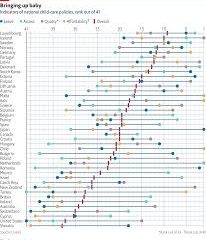What is EALA and Its Impact on Education in Europe?

Introduction
The European Alliance for Leading Learning (EALA) is an initiative gaining traction in the field of education across Europe. Established to enhance learning opportunities and professional development for educators, this alliance is crucial in responding to the evolving educational landscape, particularly in the wake of recent global changes accelerating digital transformation and collaborative education models. The relevance of EALA lies in its commitment to fostering high-quality learning environments and promoting innovation in teaching.
Key Initiatives and Objectives
EALA was formed by a coalition of educational institutions, government bodies, and private sector partners. One of its primary objectives is to share best practices among member states through collaborative projects. This includes developing resources that teachers can utilise to engage students effectively and enhance their learning experience. EALA conducts workshops, seminars, and training sessions, emphasising the need for continuous professional development for educators.
In 2023, EALA has launched a new project called ‘Innovative Teaching Practices’, which aims to experiment with new pedagogical approaches that integrate technology and active learning strategies. This initiative has already attracted participation from over 50 educational institutions across Europe, seeking to implement and evaluate new teaching methods tailored to diverse learning environments.
Recent Developments and Events
In September 2023, EALA organised the “European Education Summit”, convening education leaders, policymakers, and researchers to discuss the challenges and opportunities in European education. High on the agenda were topics surrounding inclusivity, digital transformation, and STEM education. The summit highlighted the necessity for a coordinated European response to educational disparities exacerbated by the pandemic, reinforcing EALA’s role as a catalyst for positive change within educational systems.
Conclusion
As EALA continues to expand its initiatives and influence, its contributions to European education are becoming increasingly significant. The alliance not only fosters collaboration among educational stakeholders but also paves the way for innovative teaching practices that can adapt to the rapidly changing needs of students and educators alike. Looking ahead, EALA’s ongoing efforts could significantly reshape the landscape of education in Europe, ensuring that quality teaching and learning remain at the forefront in the face of future challenges.








